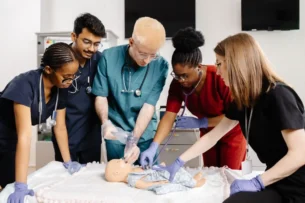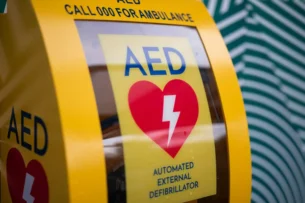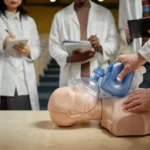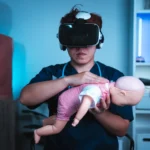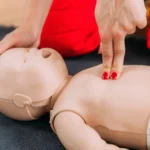How To Practice Pediatric Resuscitation Skills At Home
January 14, 2026
Ever watched a rescue scene in a hospital show and thought: Could I actually do that in a real-life emergency? When a baby or child stops breathing, every second counts. Understanding the paediatric resuscitation algorithm can help caregivers and parents can make a crucial difference before help arrives. Across the U.S., thousands of pediatric cardiac […]



